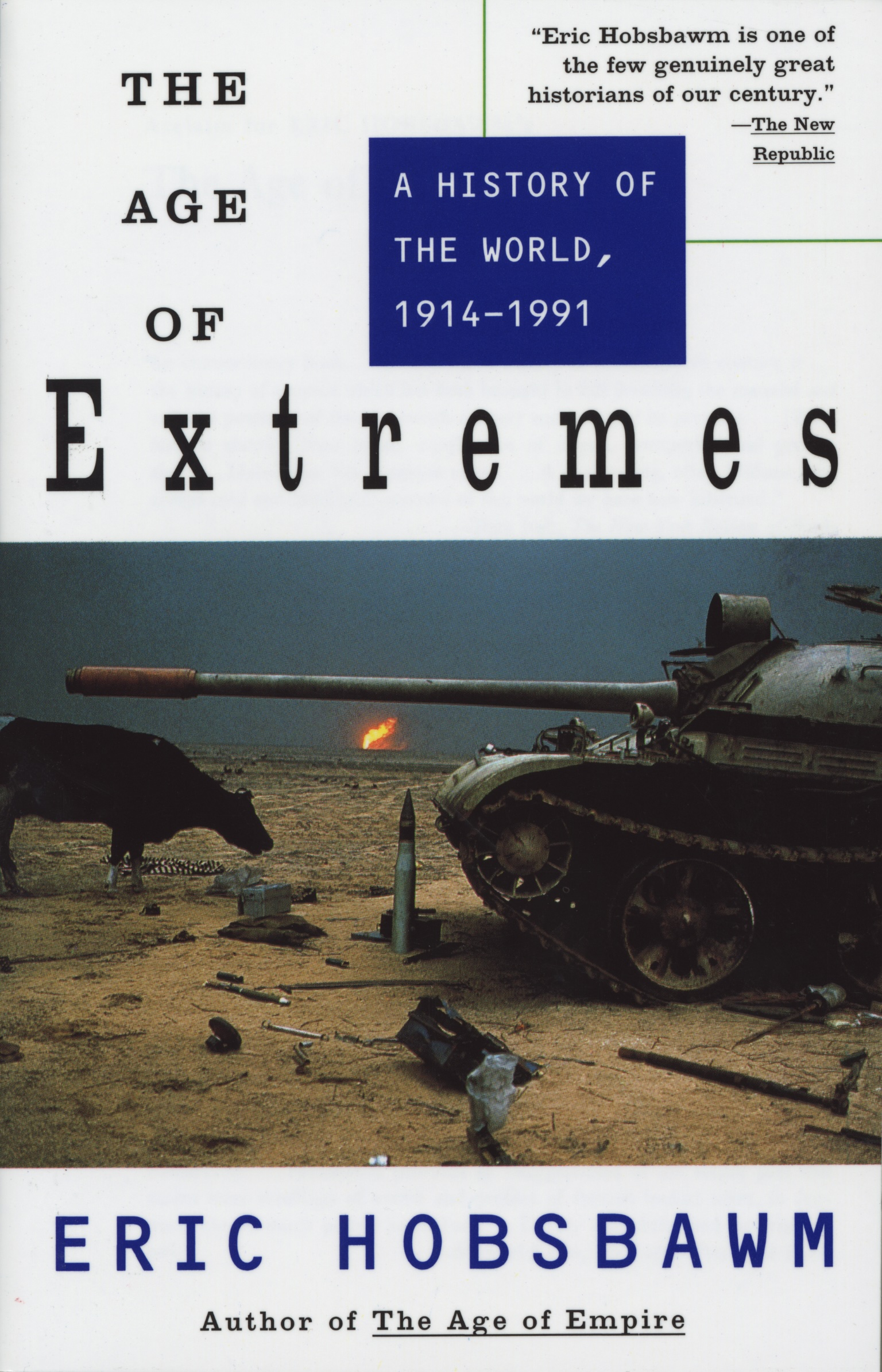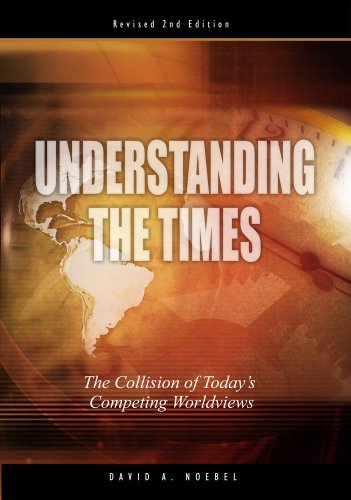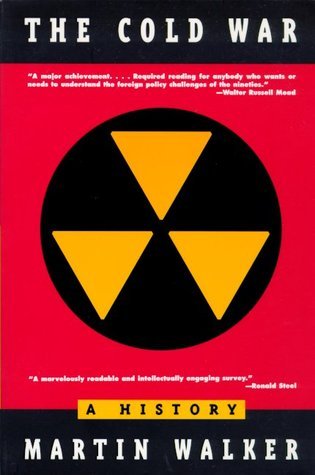
The Clash of Civilizations and the Remaking of World Order
Book Description
Civilizations are colliding, and the world teeters on the brink of chaos. Samuel P. Huntington’s provocative exploration unravels the complex tapestry of global politics, revealing that cultural and religious identities will shape conflict and cooperation for decades to come. As ideologies clash and alliances shift, the future of world order hangs in the balance. From the rise of the West to the resurgence of Asia, the battle lines are drawn in a world where age-old rivalries resurface with a vengeance. Are we prepared for the impending storm, or is it already too late to alter our fate?
Quick Book Summary
"The Clash of Civilizations and the Remaking of World Order" by Samuel P. Huntington presents a provocative thesis that future conflicts will be rooted not primarily in ideology or economics, but in cultural and civilizational differences. Huntington argues that world politics is entering a new phase, where distinct civilizations—with shared histories, languages, and religions—become the primary agents and cleavages in global affairs. He outlines major civilization blocks, such as Western, Islamic, Sinic, and others, and explores how their differing values and worldviews lead to fault lines and potential points of conflict. Huntington warns of the risks of cultural arrogance and the dangers of attempting to impose Western ideals on others, suggesting that mutual respect and recognition of these enduring differences are crucial to maintaining world order.
Summary of Key Ideas
Table of Contents
Civilizations as Units of Global Politics
Huntington’s central thesis is that, following the Cold War, ideological and economic rivalries have been overtaken by cultural ones. He identifies seven or eight major civilizations, including Western, Confucian, Japanese, Islamic, Hindu, Slavic-Orthodox, Latin American, and possibly African. According to Huntington, these civilizations are defined by deep-rooted cultural and religious identities. As states seek to align themselves more closely with others that share their civilizational identity, the likelihood of conflict along cultural fault lines increases. Such divisions, he argues, are more persistent and difficult to bridge than those based on politics or economics.
The Cultural Fault Lines of Conflict
The book examines how major conflicts in the post-Cold War era – such as those in the Balkans, the Middle East, and South Asia – occur along civilizational boundaries. Huntington details interactions between the Western world and rising powers like China and the Islamic world, suggesting these “fault lines” are potential flashpoints for future confrontations. He also discusses the idea of “torn countries,” whose internal divisions reflect broader civilizational cleavages and present particular challenges for stability.
The Rise of Non-Western Powers
Huntington presents a critical argument regarding Western universalism—the belief that Western values and institutions should be adopted worldwide. He contends that this approach breeds resentment and pushback, especially as non-Western powers increase in strength and assert their own identities. Countries like China and those in the Islamic world seek to modernize without Westernizing, challenging the West’s economic, military, and cultural supremacy and advocating for a multipolar global order.
The Limits of Western Universalism
The resurgence of non-Western civilizations, particularly in Asia and the Islamic world, redefines global power dynamics. As these societies regain confidence and promote their values on the world stage, Huntington foresees a decline in Western dominance. The emergence of “Sinic” and “Islamic” civilizations means greater assertiveness in international relations and new alliances that cut across traditional geographic lines, making global politics more complex and unstable.
Strategies for Peaceful Coexistence
Huntington concludes by warning against cultural arrogance. He advocates for humility, dialogue, and respect among civilizations as essential for global peace. Acknowledging the permanence of core civilizational values and differences, he calls for prudent coexistence based on understanding rather than attempts to assimilate or dominate. Future world order, he asserts, will depend on accepting that global harmony must emerge from pluralism rather than homogeneity.
Download This Summary
Get a free PDF of this summary instantly — no email required.





